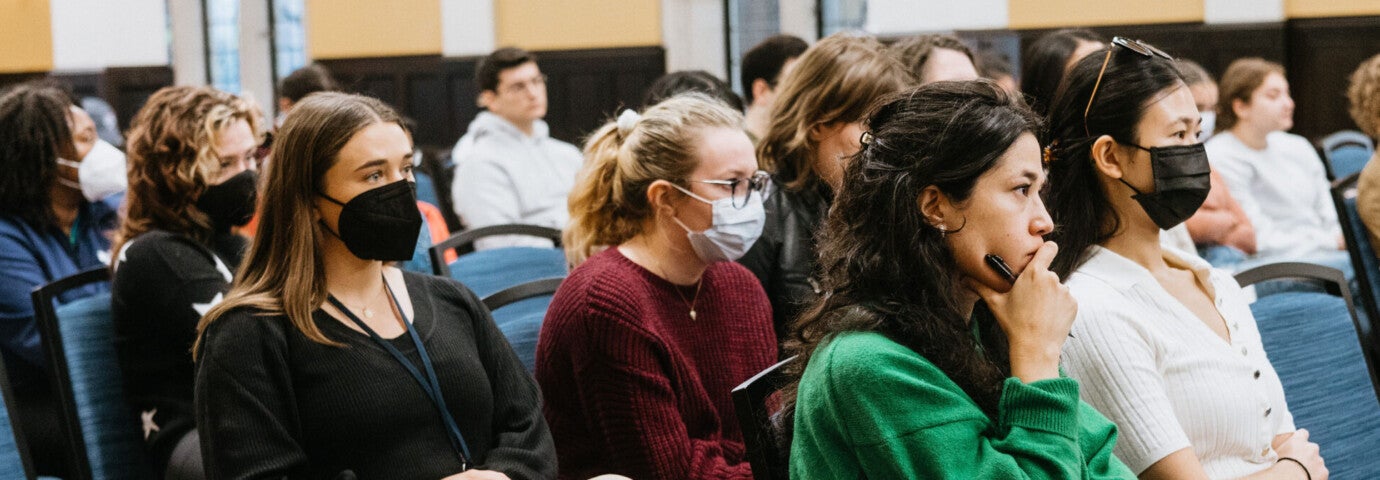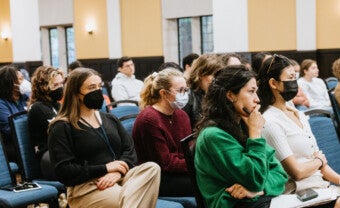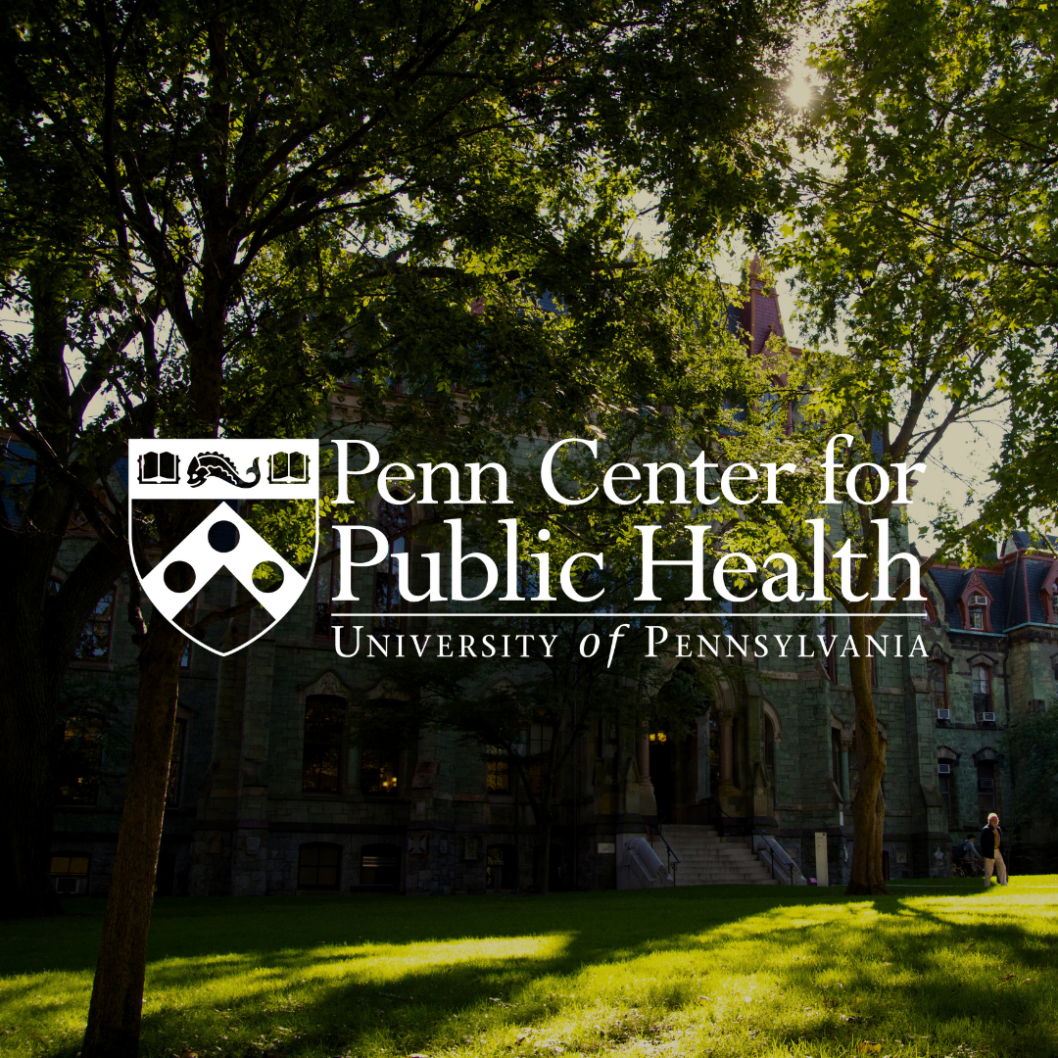

Learning Institutes
To support professional workforce development, CPH offers learning institutes that are open to the community. Different skill-based sessions are offered throughout each year.
Our current offerings:
Geographic Information Systems (GIS) and Public Health
Mixed Methods and Public Health
Public Health Program Evaluation
GIS and Public Health
This institute introduces a broad range of ways that Geographic Information Systems (GIS) can be applied to public health research, practice, and public policy. By the end of the institute, participants will be able to critically analyze maps and research results developed using GIS, learn how to create and analyze thematic maps, geocode addresses, and conduct basic queries, implement a variety of field data collection methods used in GIS such as handheld GPS technology, and develop individual research agendas which incorporate GIS methods.
For the full agenda and registration information please email PennCPH@pennmedicine.upenn.edu.

“I can’t underscore enough how much I appreciated what each presenter brought to the day’s class. I learned so much from each person because each person had their own expertise and application for the software. I particularly liked the real world applications and how each example was related to public health.”
Institute Participant
Fall 2023
The Mixed Methods Institute
The Mixed-Methods Institute is a 2 day program designed to develop skills for qualitative and quantitative research. It’s purpose is to help participants study design and mixed-methods approaches, find ways to analyze data with an introduction to software Dedoose, and learn how to utilize mixed-methods skills in their own organizations.
This course is designed and hosted by the Penn Center for Public Health and the Mixed-Methods Research Lab in the Department of Family Medicine and Community Health at the University of Pennsylvania.
This particular event has a unique focus for community-based and non-profit organizations who would like to expand their mixed-methods research skills.
Extremely informative opportunity to actually understand the importance and application of the different tools for Qualitative Research. Didn’t realize the power of qualitative work in everyday interactions especially with the community based participatory research.
Institute Participant
Fall 2023
